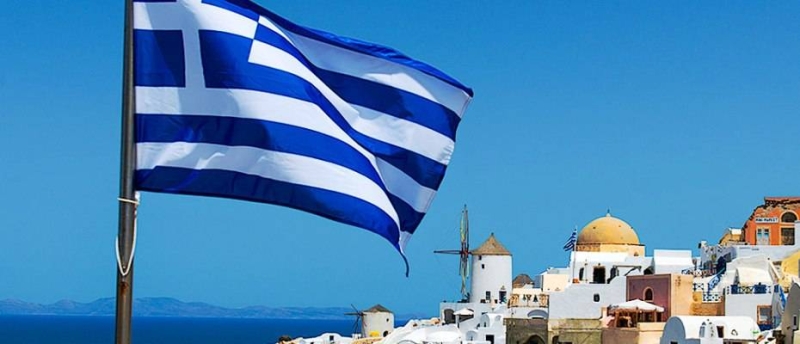Uncertainties could not be resolved

Visa on arrival to the Greek islands officially began on March 1, but its introduction was postponed until April. Tourism professionals and local vacationers are waiting for the obstacles to the implementation of the 12-month deadline to be eliminated.It was expected that the visa application on arrival, which will facilitate holidays on the Greek islands, would take effect on March 1, but this did not happen. The visa on arrival, which is eagerly awaited by Turkish citizens wishing to spend their holidays on the Greek islands, has not yet begun to be introduced. Many obstacles between the Greek Consulate and the agencies have not been overcome. According to information received from tourism professionals, neither the price, nor the date, nor the conditions for submitting an application are yet known. Currently, the agencies conducting diplomacy with the consulate to solve the problem cannot find an interlocutor.According to Jeren Deniz from Gazete Duvar, although uncertainty remains on this issue, a meeting was held in Izmir between the Council of the Regional representative office of the Association of Turkish Travel Agencies (TÜRSAB) in Izmir and the Greek Consulate. At the meeting, it was suggested that agencies be authorized and apply through them to start applying for a visa right at the door.At a meeting with representatives of the tourism sector and officials of the Greek Consulate, the President of TÜRSAB Izmir BTK, Kivanc Meric, demanded to eliminate uncertainty and start entry and exit. The approximate start date was set in April. Visa processing on arrival to the islands will last up to 12 months.The Greek Consulate stated that information circulating on the Internet, for example, about entry with a visa fee of 60 euros from March 1, is incorrect, and stated that these details and the start date of the application have not yet been clarified.The Cosmos Travel Company was appointed by the Consulate as the only authorized agency to carry out the procedures. Although Cosmos accepts applications to act as a visa intermediary on behalf of the consulate, the agency’s sub-agencies have not yet been identified. Stating that the practice of a single authorized agency is due to the high price policy applied by agencies in Turkey to vacationers traveling to the Greek islands, the President of the Association of Travel Agency Managers (SAYD) Mehmet Ghem said: “The complaints started when the agencies set the price for the visa. The arrival program is within 200 – 250 euros. The Consulate also decided to accept applications from all vacationers individually. In other words, when applying for a visa, vacationers, not agents, will enter the consulate. Everyone who submits an application will take their case and personally enter the consulate. “It is expected that this decision, which was first implemented by the Greek Consulate in Izmir, will become a precedent and will also be implemented in Istanbul and Ankara,” he said.President SAYD Ghem said that if the visa at the door comes into force, she will be welcomed on both sides of the sea. Ghem said: “A tourist who wants to spend a vacation on the Greek islands will choose a region and will be able to stay for the number of days specified in the visa. Greek traders are demanding in this regard, as tourists from Turkey traveling to the islands represent a group that spends a lot of money. He wants the visa to be submitted at the entrance. On the Turkish side, vacationers also want this decision to be implemented. Because delicious fish and snacks can be eaten much cheaper than in Turkey. If in our resort regions it is impossible to enter a tavern without paying less than 6-7 thousand lira, then on the Greek islands the bill is about 120-130 euros. That is why local tourists prefer the Greek islands. “If the problems and visa obstacles with the Greek consulate are overcome, our local vacationers will receive partial freedom of movement on the Greek islands,” he said.

